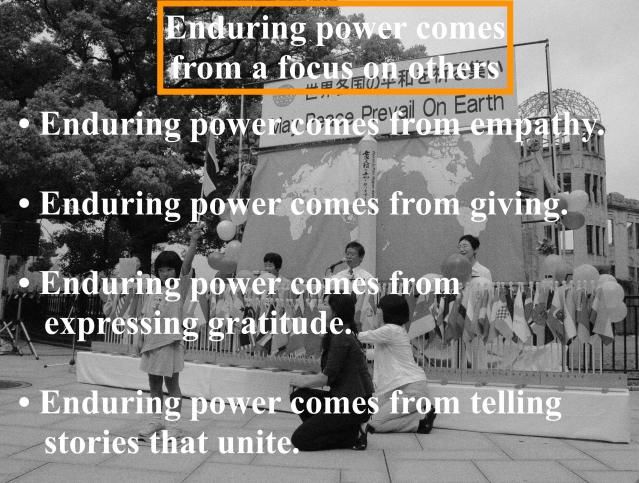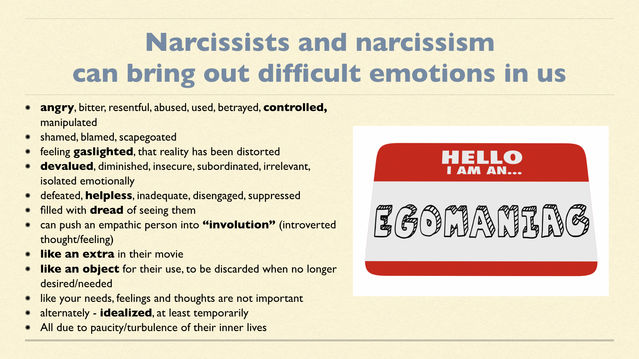President Donald Trump
Psychiatrist as Fly-On-The-Wall at Trump's Axios Interview
What thought processes and relational qualities did the president display?
Posted August 7, 2020 Reviewed by Ekua Hagan

I finally watched the 37-minute interview of President Trump by Axios journalist Jonathan Swan which aired on August 3, 2020. I highly recommend a viewing.
I want to first be clear: I am not a fan or follower of President Trump, and that possibly introduces some bias into the following analysis. However, he is the president, and that makes this interview worthy of analysis from any citizen, including me as a psychiatrist. I am doing my best to keep my distaste for the president and his policies in check as I illuminate the questions I have regarding the thought processes and relational qualities displayed by the president. I have these questions in mind whenever I see a patient in therapy. The president is not my patient, and I am not diagnosing him from a distance, but I believe my observational skills as a psychiatrist may be helpful to the community at large—again, not for purposes of putting down the president (or any patient), but to draw attention to process and relationship. Voters and viewers can clearly decide for themselves what they choose to do with my informed opinion on these matters. Please note, for the purposes of this blog post, I am not primarily concerned with the substance of the interview, but rather, again, the thought processes and relational qualities displayed.
Relationship
Cardinal rules about relationships include:
- You can be right or related.
- You can be right or happy.
- The world is divided into those who are right.
Houston, we have a problem with people who are fixated on the "rightness" of their ideas. It is very difficult for reality to see the light in the mind of someone who has fixed ideas, particularly fixed ideas that revolve around defending themselves. Anyone who doesn't follow these rules is likely unrelated, unhappy, and divisive.
A patient with fixed ideas displays these typical defenses.
- An insistence on their own point of view, and an inability to listen to, comprehend, or give any weight to the other party—usually because other people’s viewpoints are threatening and destabilizing to an already fragile ego and worldview.
- In other words: I’m right and everyone else is wrong (stamps feet).
Is the president’s ego fragile, easily threatened, and destabilized by the viewpoints of others? This is an important question, and one that is beyond my capacity to answer beyond what I’ve seen displayed. It’s possible that the president’s public display and private behavior are different.
Fixed ideas cause severe strain and even abuse in a relationship because they insist on power at the exclusion of mutuality, or even curiosity, empathy, and broad, complex, inclusive thought. Being in a relationship with such a person gives you a clear signal that you are devalued by them, that your thoughts, needs, and feelings are unimportant to them. Typically, those who devalue others in this way are narcissistic. A narcissist leaves a trail of damaged relationships in their wake. (See Gabbard and Crisp, Narcissism and its Discontents, and the figure below.)
Fixed ideas also distort reality, being heavy filters of cognition, emotion, and relational information. So the question becomes—does the president, who manifests fixed ideas quite clearly, actually see reality clearly? If not, what are the consequences? If he does see reality clearly, and yet manifests an insistence on fixed ideas, does this make him a gaslighter or propagandist? I have certainly seen people with far less institutional power behave this way, and it destroys any chance of mutuality. And without mutuality and mutual concern, can you even have a non-abusive relationship?
Thought Process
Swan’s first question was about the president’s previous emphasis on the "power of positive thinking," a formulation first proposed by Norman Vincent Peale. Cult and mind control expert Steven Hassan describes Trump’s discipleship in Peale’s church in his book The Cult of Trump. Here’s Chauncey Devega’s summary in Salon:
Trump grew up in the church of Norman Vincent Peale. Peale taught magical thinking and that if a person just believed something 100 percent, God will magically make it come true. Trump was trained to be a magical thinker as a child. It's been described as a type of solipsistic reality where Trump defines his own world and what is real or not. That is a type of thinking which is very common to cults.
In this way of thinking, if Trump says the coronavirus pandemic is just going to somehow get better, then it is going to happen. And when that does not happen, then Trump can deny ever saying such a thing, blame the Chinese, the Democrats or anyone else, instead of just saying he was wrong.
So my follow-up question to President Trump would be about his thought process: “Do you know the differences between positive thinking, Norman Vincent Peale’s ‘philosophy’ of the power of positive thinking, magical thinking, and spin?” All are potential distortions and biases. Positive thinking in itself sounds innocuous, but the latter three are extreme distortions and even propagandistic.
I might have asked, “Is reality just what you say it is, or have the power to convince or insist others to believe? Or is reality not beholden to your thoughts and insistences?”
Bottom line: From my perspective, the president’s thought processes seem very skewed to favor his own point of view. Some might argue that we all do this to some extent. The question for voters and President Trump’s supporters is does this skewing help them or the country? From my perspective, such skewing causes problems in relationships, and can be highly divisive, abusive, controlling, destructive, and ultimately fragile and unresilient in the ups and downs of life.
If the skewing is so bad for a relationship, why do people skew? Why else but because they think they can gain an advantage by taking advantage of others’ goodwill and gullibility? Also, because they are deeply mistrustful and frightened of the fact that they are not in fact in control of reality, they insist on creating their own make-believe version to self-soothe.
The president seems to be a bombarding overtalker. Overtalkers attempt to take control of the conversation with sheer verbosity and volume, overwhelming you with words until you give up and give in. I find it helpful to not even pay attention to what the overtalker is saying, but just recognize this strategy and thought process, and perhaps point it out to the person doing all the talking. This is also a cult/mind-control technique, and it’s best to get out of such situations and create boundaries as well as you can.
What might I say to such a person? “Could you help me understand why you say a lot of words, but don’t appear to hear or understand me? Because your behavior seems very defensive and even terrified. You don’t sound like someone who feels safe and secure.”
An episode of CSI had this nice triad of defenses involved in sociopathy, but they could easily apply to the rigid defenses of an insecure person with their back against a wall.
- Admit nothing
- Deny everything
- Make counteraccusations
These are not the defenses of a thoughtful or considerate person or leader. A disruptive individual, perhaps, but not someone who has any capacity to deal with the disruption they unleash. These people push buttons, indeed. At least a doctor presses to see where it hurts.
You can look at your own experience and decide which kind of people or leaders are best to associate with, the kind described above, or those who generally:
- Admit that they could be wrong when they offer a perspective
- While being knowledgeable, can recognize when their words or actions cause harm and then apologize or make amends when possible
- Recognize the harm that the blame game causes, and take action to minimize that game in their own minds and in the relationships around them
I could say a lot more about power tactics, such as using authority, exaggeration, misinformation, repetition, distraction, distortion, the use of vagueness to confuse, and being an instant know-it-all expert, but I’ll stop here. Please see the resources at the end of this blog post for further details.
I genuinely wish President Trump the best, just as says he has nothing but the best wishes for Ghislaine Maxwell or “anyone.” That makes one, both, or neither of us practitioners of compassion. You decide.
(c) 2020 Ravi Chandra, M.D., D.F.A.P.A.
See also:
"The Power Tactics of Donald Trump" (Psychology Today, February 8, 2016)
"Narcissism, Needs for Certainty and Closure, and Relatedness" (Psychology Today, July 30, 2019)


Lecture on Narcissism in the American Psyche, part 1




